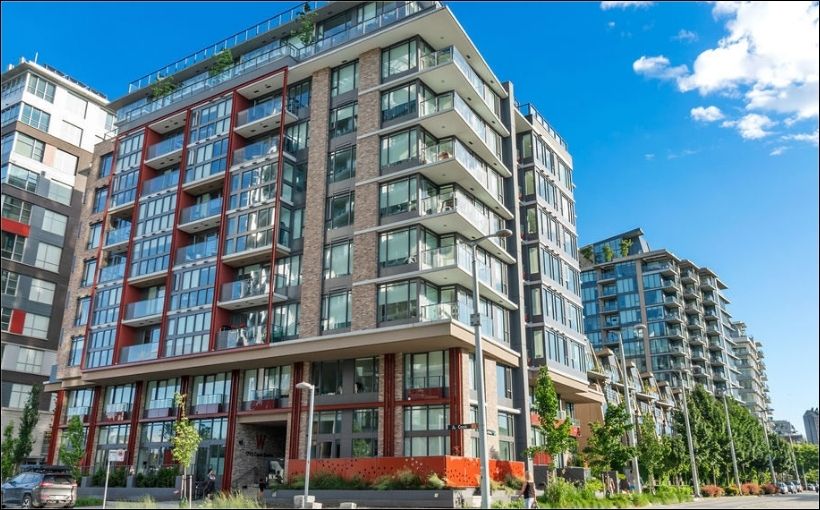
Canadian Apartment Vacancy Falls to Record Low
Canadian apartment vacancy reached a record low in 2023, says a new Canada Mortgage and Housing Corporation report.
The purpose-built rental apartment vacancy rate fell to 1.5%. That was the lowest level since CMHC began recording national vacancy in 1988.
Strong demand outpaced supply for the second consecutive year.
Average rent growth for a two-bedroom suite soared to a new high, 8%, up 240 basis points from 5.6% over the previous 12-month period. That rise was well above historical averages, said CMHC. (The federal housing agency based its figures on two-bedroom units.)
“The vacancy rates and rent increases we are observing are further evidence the current level of rental supply in Canada is vastly insufficient and the need to increase this supply is urgent,” said Kevin Hughes, CMHC’s deputy chief economist in a news release.
The high demand and low supply made it very difficult for tenants to find housing that they can afford, added Hughes.
According to the report, average rents in two-bedroom “turnover” units far exceeded the average rents in “non-turnover” units.
New supply was delivered in most Canadian markets but could not keep pace with increased demand pressures caused mainly by high population and employment increases. Meanwhile, higher mortgage rates and persistently high home prices made it increasingly difficult, and less attractive, for renters to transition to owners.
Developers also felt the pressures.
“As rental demand pushed up, the construction of new rental homes continued to be difficult for homebuilders facing higher costs for financing and construction materials, along with labour shortages,” said CMHC.
The condo-rental market also battled a squeeze. The average vacancy rate in that sector dropped 70 basis points to 0.9% in 2023 from 1.6% in 2022. The data covers 17 metropolitan areas surveyed.
Vancouver remained the tightest and most expensive market as vacancy held steady at 0.9% and the average purpose-built apartment rent jumped 8.6% to $2,181. Of the six largest markets, Calgary and Toronto tied for the second-lowest vacancy rate (1.4%.)
Calgary and Edmonton (2.4%) posted their lowest vacancy rates in a decade mainly due to immigration and inter-provincial and in-province migration. Calgary experienced the sharpest rent growth (14.3%) in Canada.
Montreal rental-apartment vacancy fell to its lowest level since before the pandemic, 1.5%. That figure represents one of the lowest marks in the past two decades. Accordingly, the market’s average purpose-build apartment rent climbed a record 7.9% to $1.096.
CMHC compiles its rental market data through an annual survey, conducted each October, of property managers, landlords and owners in large markets. To obtain its condo-rental data, CMHC conducts an annual survey of condo board representatives, property management companies or their representatives through telephone interviews or site visits, if necessary.
.
- ◦Lease
- ◦Sale/Acquisition
- ◦Development
- ◦Financing
- ◦Economy
- ◦Policy/Gov't

